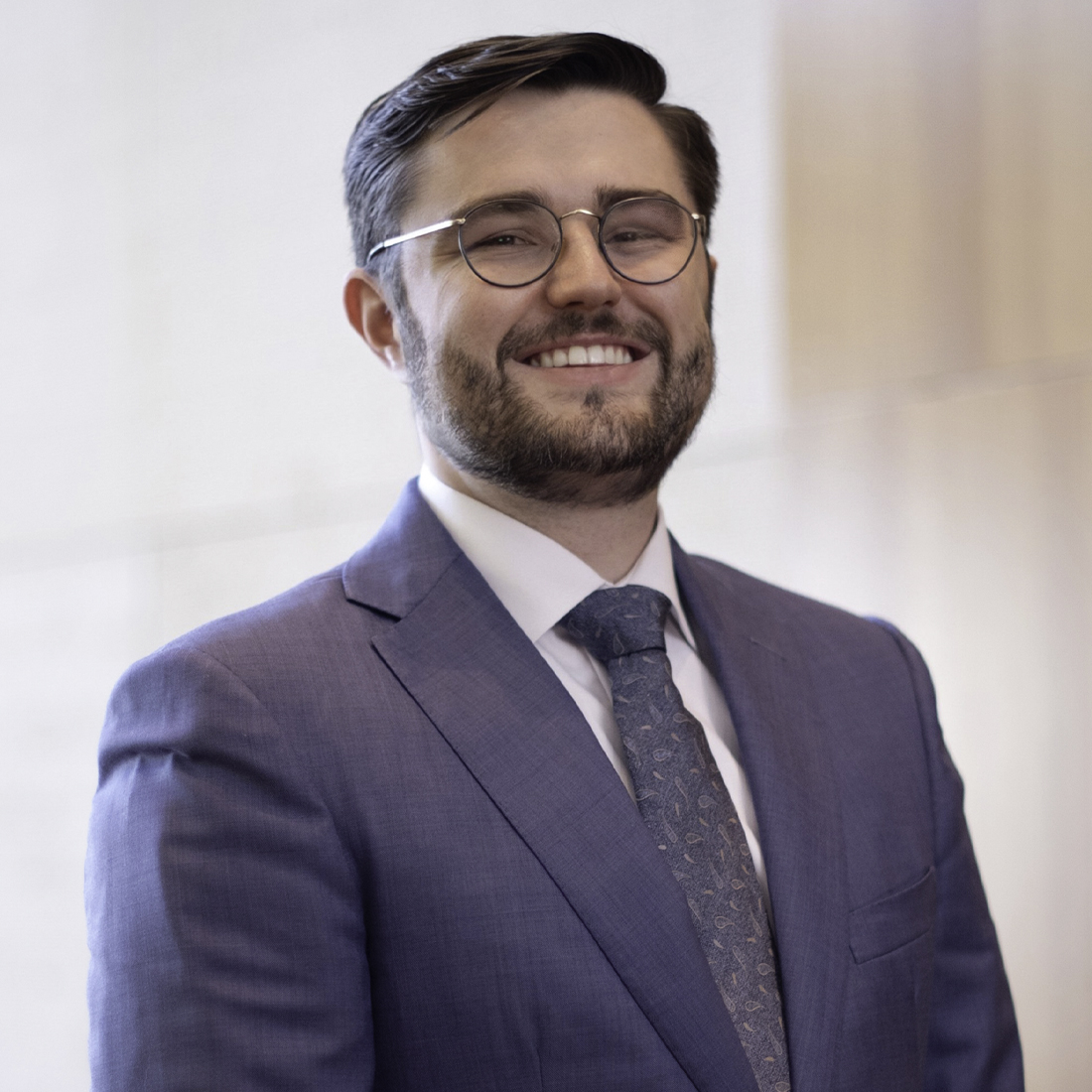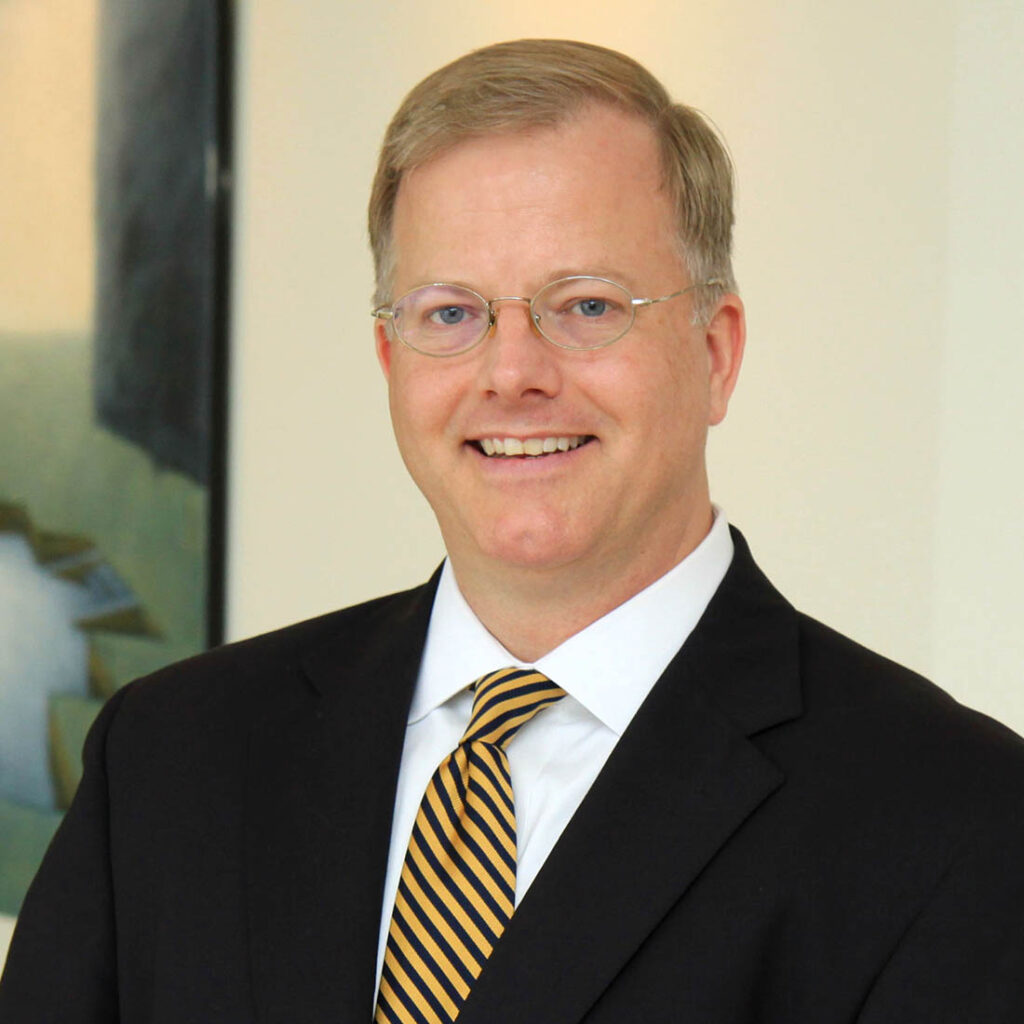Bradley Potts, an associate at Haynes Boone in Houston, attributes any success of his thus far in life to the education and mentorship he received as a young student. That especially includes his high school American history teacher in Shreveport, Louisiana, a former lawyer who was the first to inspire him to consider pursuing law.
“She recognized that I had particular strengths in critical analysis, writing and speaking that would translate well into a legal career. I had not considered becoming a lawyer until talking with her at length about different legal career pathways, but I realized, relatively quickly, that a legal career would suit my interests and skillset well, regardless of the precise field,” Potts said, noting that other hometown mentors echoed that same advice.
After that initial conversation with his high school teacher, Potts began to do everything he could to pursue his newfound dream of becoming a lawyer. But the impact of her advice seemed to pair itself with a compulsion to teach.
As an SMU undergraduate he served as a teaching assistant before obtaining his bachelor’s degree in political science in 2019. He continued to teach while earning his law degree from the University of Texas School of Law.
“I greatly appreciated both of these experiences and knew from them that I would like to teach again,” Potts said.

While at UT Law, he assisted in an Energy Finance Practice class led by two attorneys from Haynes Boone, Buddy Clark and Jeff Nichols. And after graduating from UT in 2022, Potts began working with them as an associate in Haynes Boone’s Houston office, mainly in its energy transaction-focused practice.
While there, he has represented clients on a handful of significant cases, which is a constant source of pride.
“Since first setting my mind to becoming a lawyer in high school, I worked hard to make that goal a reality, and it is still surreal sometimes to think that I am currently a third-year practicing attorney after going through the many obstacles necessary to become a lawyer,” Potts said.
However, since becoming a lawyer three years ago, Potts continued to feel the pull to teach and began looking for ways to incorporate it into his work. He found the ability to do so by supporting younger colleagues at Haynes Boone.
“I get the opportunity to constantly act as a mentor to younger associates, which I greatly enjoy, but I also enjoy teaching in a more traditional sense,” Potts said. So, when an opportunity arose earlier this year to do so, Potts felt he couldn’t say no.
The opportunity came when energy practice leader Buddy Clark announced his intention to retire, not only from Haynes Boone but also from the Energy Finance Practice class at UT’s School of Law.
Forced to search for a new teaching partner, Nichols quickly realized there would be no better person to ask than his former teaching assistant, Potts.
Said Nichols: “I have been teaching this material to law firm associates for many years, and Bradley stands out as being uniquely able to understand the law of finance, which is very complex. He was my teaching assistant when he was a student at the law school, and I think I knew from that point he was destined to teach this material alongside me.”
Potts was ecstatic with the opportunity. And after an interview with the academic dean of UT Law, he was appointed an adjunct professor.
But Potts didn’t stop with the appointment. He proposed to both Nichols and the school a new approach to teaching a course on energy finance.

Potts wanted the class to be designed to better arm law students with the knowledge necessary to excel on day one as junior associates in a transactional practice. His motivation came from his own experience, where he saw a lack of practical transactional skills in courses offered at other law schools.
“We wanted the course to discuss the substantive tasks that junior associates are commonly assigned to work on in a transactional practice group. Given Jeff’s prior experience teaching an energy-specific finance course, we decided to generalize the course more into ‘Finance Practice Fundamentals’ with a focus on credit agreements and their ancillary documents that junior associates most commonly work with,” Potts said.
The dean met the proposal with enthusiasm, particularly because it would be taught by both an experienced partner in Nichols and a more junior associate in Potts, allowing the students to have a broader scope of the profession.
“It is a novel type of class that we hope will become more commonplace, especially since more and more students are being hired into transactional practices at large firms,” Potts said, noting he and Nichols also have plans to create a scholarship in the finance law area due to the lack of opportunity for scholarships available to students.
Potts and Nichols’s new class, “Navigating Credit Agreements: Finance Practice Fundamentals,” officially started at the beginning of UT’s Spring semester in January 2025. Since then, Nichols hasn’t regretted choosing Potts as his co-professor and feels that Potts has helped enhance the student’s overall learning and engagement with the course.
“He has the advantage of being a master of the material while also being able to relate to the students very well,” Nichols said.
As for Potts, teaching the course has fulfilled the long-term yearning he has felt to teach.
“Lecturing as a professor and engaging with students on the material has also been very fulfilling and meaningful to me. Most of the students in our class are going to work in transactional groups at large law firms, so having the opportunity to educate them on the substance and practice of junior transactional work, having lived what I am teaching daily, is very rewarding,” Potts said, adding that Haynes Boone and his practice colleagues have also been highly supportive of his academic involvement.
Potts also feels that the experience has already helped him become a better practitioner in his own legal work.
“Whenever you teach something, I feel like you end up learning much more about the subject matter, potentially because, in order to teach something effectively, you must break it down into its most basic parts and connect those parts using sound and accurate logic,” Potts said.
Moving forward, Potts is excited to continue to have the opportunity to teach the course for the remainder of the semester and hopes to do so for years to come.
“I am beyond grateful for the opportunity to serve as an Adjunct Professor at Texas Law, and the fact that I am able to do so as a third-year associate speaks to both Haynes Boone’s uniqueness as a firm supportive of their associate’s non-billable interests and the law school’s interest in providing novel and practical classes to their students,” Potts said.
